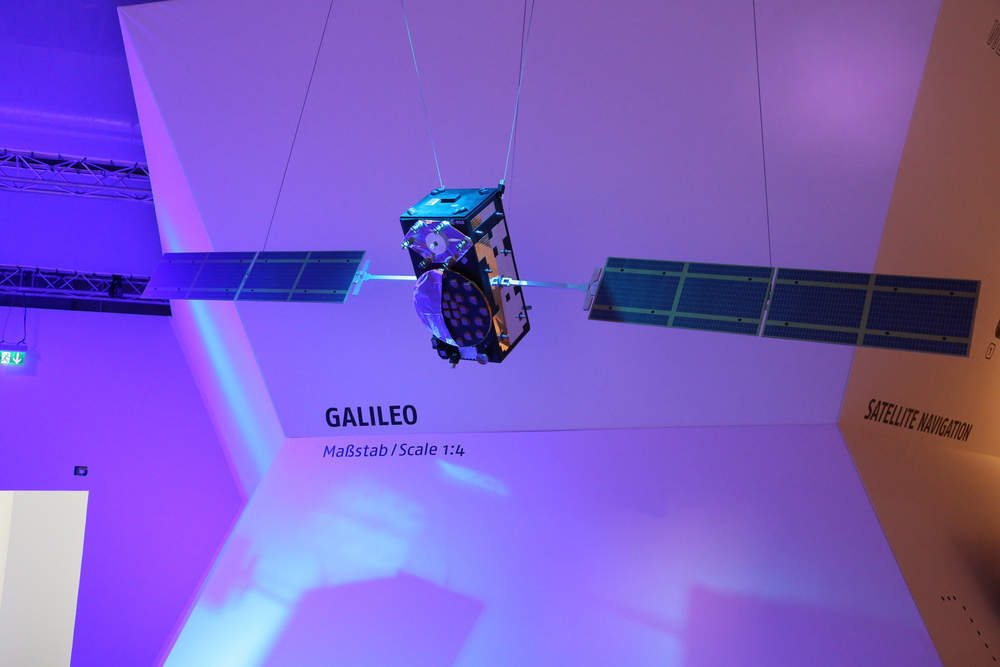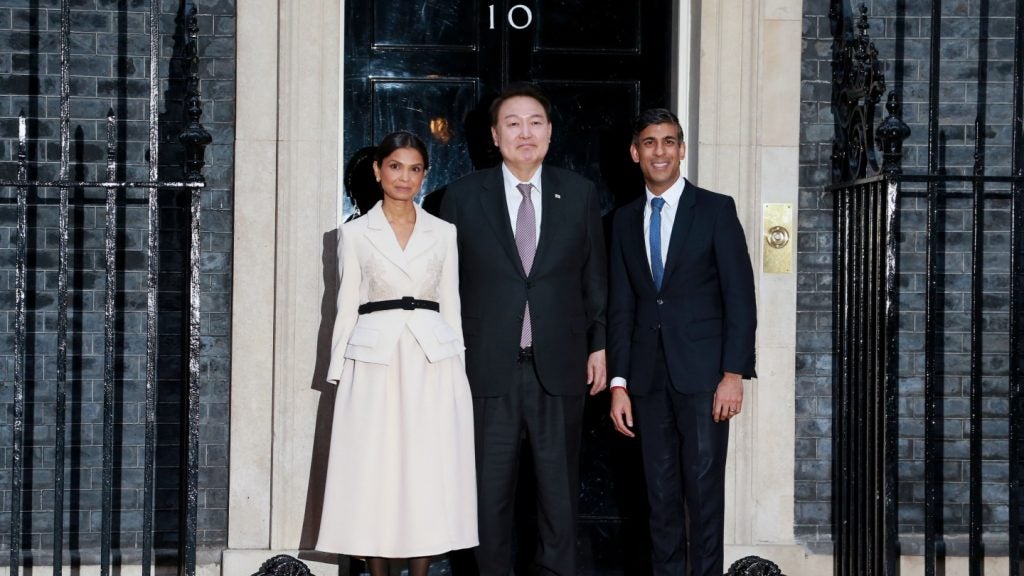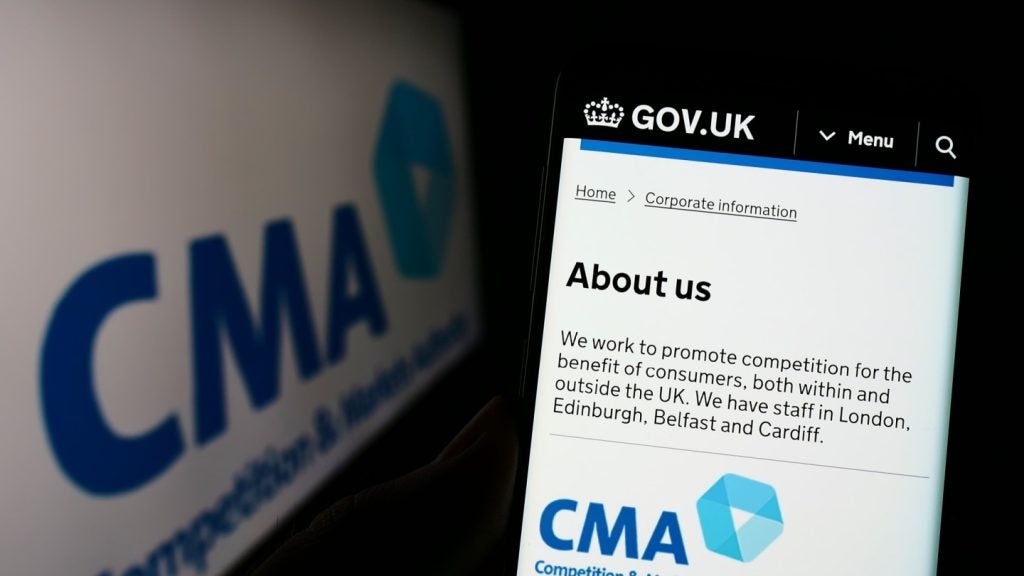
The UK’s Prime Minister Theresa May is scrambling to stop Britain being excluded from the Galileo satellite project after it leaves the European Union.
The €10 billion ($12.4 billion) EU-funded project – named for the famous Italian astronomer Galileo Galilei – aims to create Europe’s own global navigation satellite system to rival the United State’s global positioning system (GPS).
Now it’s feared the British space industry could become the latest casualty of Brexit.
The system has been 17 years in the making and the majority of its existing satellites have been provided by UK company SSTL, which is a subsidiary of Airbus, and the German company OHB.
However, Britain now risks being left out, both from bidding for lucrative contracts and from the project’s benefits, as the EU moves to protect classified information in relation to the program.
The latest round of contracts will be awarded in June and will run past the date in 2019 when Britain leaves the European Union.
How well do you really know your competitors?
Access the most comprehensive Company Profiles on the market, powered by GlobalData. Save hours of research. Gain competitive edge.

Thank you!
Your download email will arrive shortly
Not ready to buy yet? Download a free sample
We are confident about the unique quality of our Company Profiles. However, we want you to make the most beneficial decision for your business, so we offer a free sample that you can download by submitting the below form
By GlobalDataIn light of this, the European Commission has announced plans to allow existing contracts for the project to be cancelled once the supplier is no longer from an EU member state.
Companies who have their contracts removed may also have to pay the EU for the cost of finding a replacement.
This new clause will effectively make it untenable for any British company to bid for new contracts to work on Galileo’s fleet of satellites.
Britain would also be excluded from the navigation system for government users that will be provided by Galileo, including use by the military.
Gavin Williamson, Britain’s defence secretary, spoke out against the decision while on a visit to Estonia, saying that he was “surprised by the European Commission’s approach”.
He said:
The United Kingdom has been absolutely clear that we do not want to bring the defence and security of Europe into part of the negotiations.
Williamson also stated that his views were supported by other defence ministers outside of the UK and warned about the repercussions of the news.
He said:
I have spoken to so many defence ministers right across Europe [and] they think that the European Commission view is wrong and actually it not only would be detrimental to Britain but actually would be highly detrimental to European security.
So I very much hope the European Union Commission will take the opportunity to see sense, recalibrate its position and not play politics on something that is so vitally important . . . to European defence and security.
The contracts at stake could be worth €400 million to British space companies, some of which may be forced to move their activities to EU member states.
The Financial Times reported that Galileo-related services and applications could be worth €6 billion by 2025.
Despite the UK offering unconditional security co-operation after Brexit, the European Commission is said to have written to the UK government in January, saying that it would be inappropriate for a departing member state to have access to highly sensitive information through Galileo’s “public regulated service”.
Britain is now thought to be considering the possibility of launching its own satellite service.







